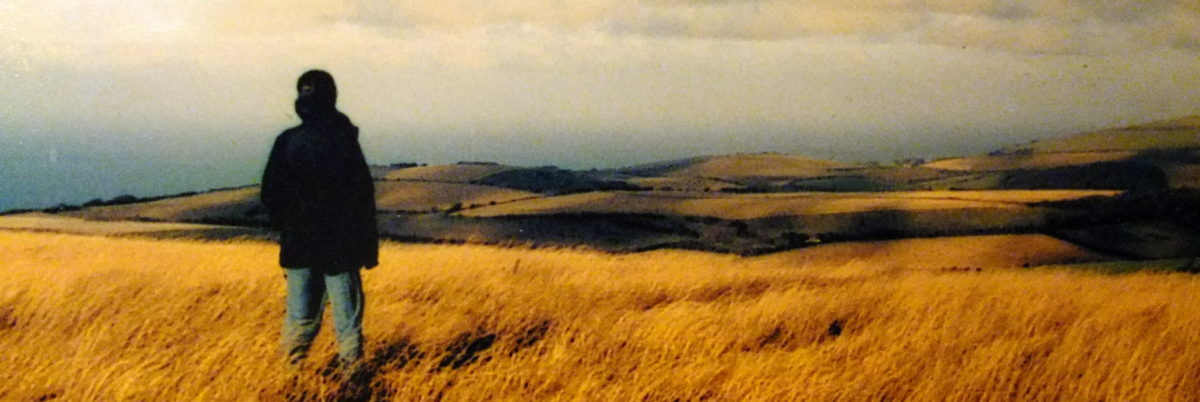I’ve recently returned home from a Thanksgiving celebration with my extended Bieber family.
For over forty years, this clan has come together every November, returning to the Pennsylvania hills from Washington and Wisconsin, from Oklahoma and Iowa, from Kentucky and Virginia. This year about fifty of us gathered in a mountain retreat center for a few days, playing games, catching up with news of each other’s lives, taking turns cooking, and exclaiming to the children “How much you grew this last year!”
Forty years creates a pretty strong tradition, and we take for granted that our yearly Thanksgiving gatherings will continue in time-honored fashion. “Of course we’ll come together to visit, to feast and play games next year! Of course I’ll see you next year.”
Not all families are so privileged. Surrounded by Bieber festivity, I remembered there are families gathered around Thanksgiving tables who have no assurance of “next year.” Perhaps Dad’s “papers” are not quite in order. Perhaps the warehouse where he has worked for the last ten years might be raided, and he could be taken away. Perhaps he – or Mom – might be taken to a camp, and eventually deported to a country that feels foreign to them, a country that has no place for them. What will happen to the family then? It may be an unspoken fear, but it’s solid and it’s real.
Many years ago I heard the phrase “Mind the gap” while traveling on the London underground. It was meant to remind passengers to be careful when stepping off the train and onto the platform. I think, however, that “Mind the gap” can also remind us to pay attention to the huge differences in privilege and security that exist in our world.
Over Thanksgiving I was particularly aware of the “gap” between those who have the security of documents permitting them to live where they are actually living – and those who don’t have such papers. Even while I watched my nieces and nephews playing with their young children, I remembered that there are families where the children are hesitant to go to school because their mother or father might not be there when they come home.
This is the season of gratitude, but I believe gratitude is only half of what we are called to. I cannot ignore the suffering of others while being thankful that I have the security of food and shelter or the freedom to gather with family next November. I cannot bear my privilege without reaching across the gap.
So what does reaching out actually look like for me? What would it look like for you? If we pay attention, I believe we will each discover an area of need that tugs on our hearts. We will find a way of giving that is ours to do.
I’m exploring a non-profit called Pennsylvania Immigration Resource Center (PIRC) that works with Pennsylvania’s undocumented immigrants. At this time, the Center is particularly overwhelmed with requests for help. Many individuals have a tangled immigration status with their hopes for the future caught for years in overloaded courts. PIRC provides free legal aid as they can. My heart is burdened for these individuals and families, and helping out here seems right for me. (Check it out: https://www.pirclaw.org.)
In A Testament of Devotion, Quaker writer Thomas Kelly writes that the ” Loving Presence does not burden us equally with all things, but considerately puts upon each of us just a few central tasks, as emphatic responsibilities. For each of us these special undertakings are our share in the joyous burden of love.”
What is your “share of the joyous burden of love?” What tugs on your heart and calls you to reach across the gap?
(If this writing speaks to you, please share it with another.)

























